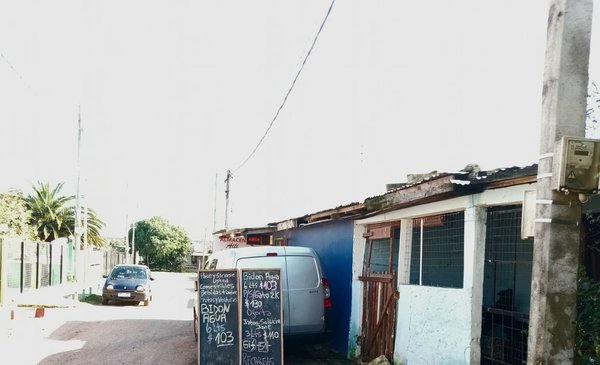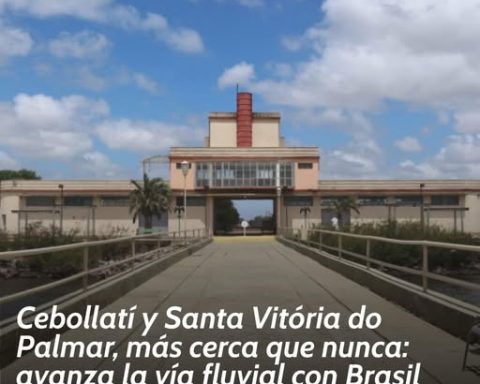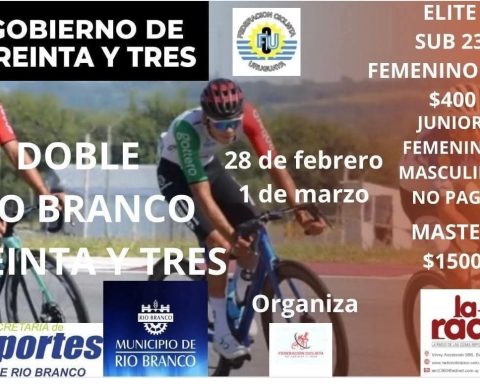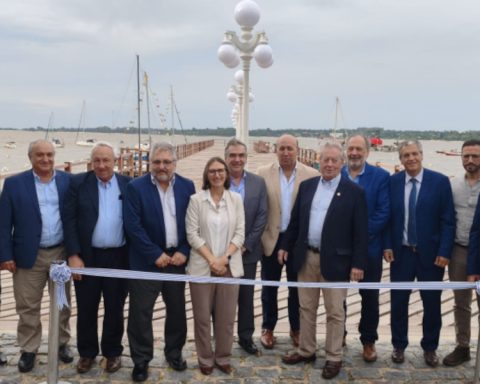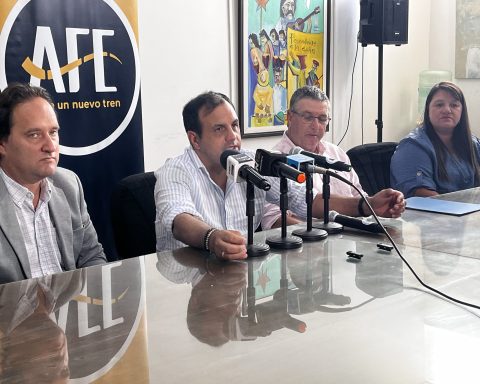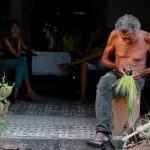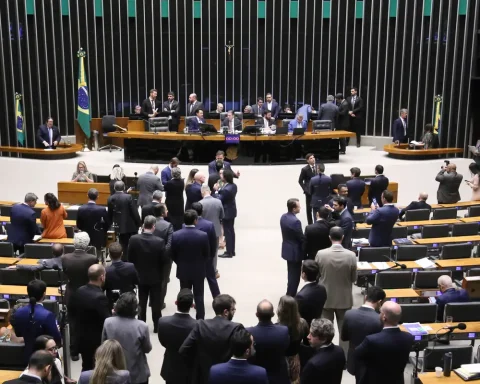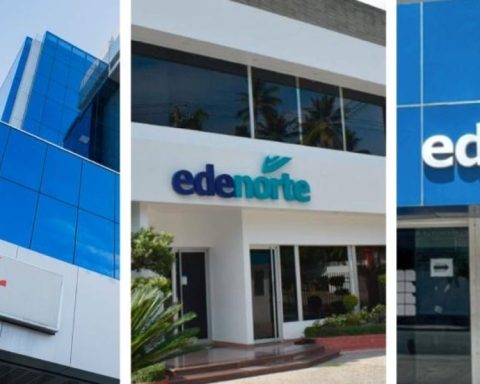He settlement “The Branch” it only has four or five blocks of land. At the end it is an open field where there is garbage and horses eating grass. Although it is small, it is bushy warehouses: there are up to two per block. And the merchants only have a few water cans available because most of the neighborhood buys them.
A storekeeper told The Observer that It is having a hard time stocking the product, that sales “busted” and that he sells about 100 drums per day to the residents of the settlement. The neighbors said that they buy two or three drums a day, some larger families up to four. The neighborhood is also supplied with water from a sodero that passes once a week.
The neighbors consulted agreed that his cost of living increased since the water comes out salty from the taps because the majority no longer consume it and resorted to bottled water. Except José and his wife. He is 70 years old and retired and this Friday he is going to collect the monthly payment “with an item of 850 pesos, I don’t know from whom” which is “barbaric” for him to buy water because never stopped taking the tap.
He said that he and his wife they bathe, cook, drink mate and tea with salt water. “Unfortunately we cannot buy drums, we try to buy meat, milk, the essentials for food. I have no other choice. I collect $ 28,000 in retirement, I pay the rent and it gives me food and nothing more”.
Yoanna, mother of two girls, does not consume tap water. “It gives me a horrible tummy ache,” he said. This Monday he got one transfer of $1,700 from the Ministry of Social Development (Mides).
–Is the transfer to buy water?
-I don’t know. They sent me $1,700 but I don’t know what. Now that you mention it, it could be to buy water, I thought it was because I had the flu and I certified myself –responded to the query The Observer.
He counted the daily spending increased because he uses 40 liters of drum water per week. “For their meals,” he argued in reference to her daughters. “The sodero this week did not come and I had to buy drums in the warehouse. It’s a help from the government, I’m not going to say no. But we use a lot of water, because I make them a soup and you use water, you cook an apple and you use water. Your money is gone.”
But she was not the only one who did not know about the end of the transfer of Mides. Sandra also received $1,700 from Mides and she doesn’t know what for either. Monica’s daughter too, but her daughter told her that she thought it was because the girl was sick. None of the neighbors who talked to The Observer I knew that that money It corresponded to a transfer for the calculation of two liters of water per day and per family member. Although they did admit that they planned to allocate the money to buy bottled water because that extra expense had been generated since the water is salty.
From the Mides recognized that a communication was not made to each user about why he was receiving that additional transfer. The sources argued that “It was communicated through the channels of the Presidency with the information to the population and with the Mides statement“and that communication was “reinforced” in the territorial offices.
The problem encountered by the Mides is that users have a high turnover of cell phone numbers. However, the sources assured that by these hours They are looking for a computer mechanism to notify about the transfer to buy water, at least, to users who have stable contact numbers.
The measurements of the Mides
Mides transfers to users the amount equivalent to 60 liters of water –to supply a person with two liters of water daily for a month–. The amount varies depending on the number of people in the family nucleus.
The measure covers the following groups:
– Households of Montevideo and Canelones in a situation of vulnerability with minors who receive Family Allowances – Equity Plan. In this case, the benefit applies to all members of the nucleus.
– Beneficiaries of the Uruguay Social Card (TUS) of Montevideo and Canelones that are not included in the Family Allowances – Equity Plan.
– Older people residing in Montevideo and Canelones and receive Old Age Assistance (AV) or Old Age Pension (who previously received AV).
– Retirees and pensioners who receive minimum pensions.
This population, added to pregnant women and children under two years of age, includes A total of 540,000 Mides users who received transfers to buy bottled water.
